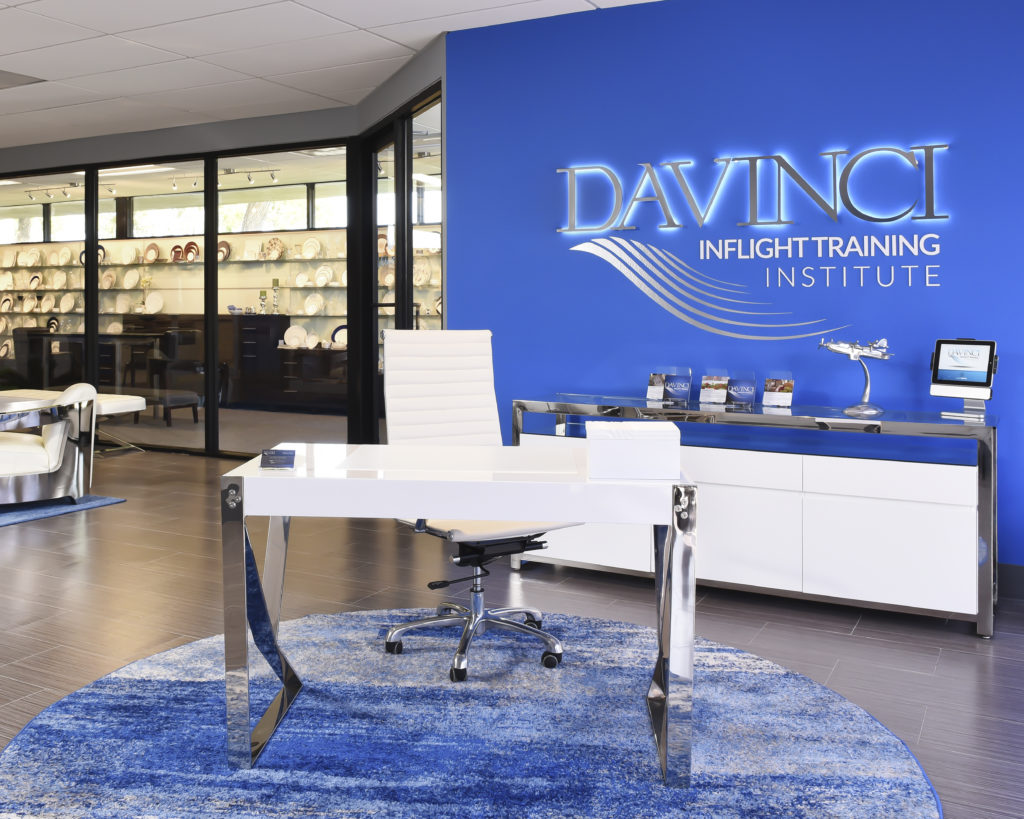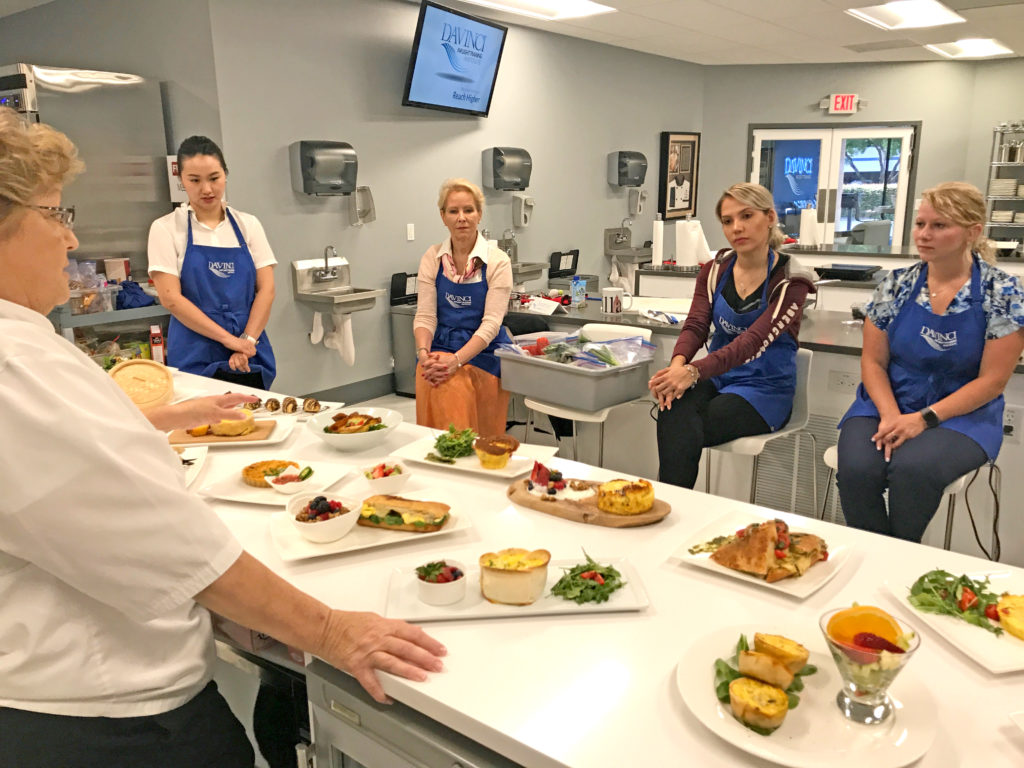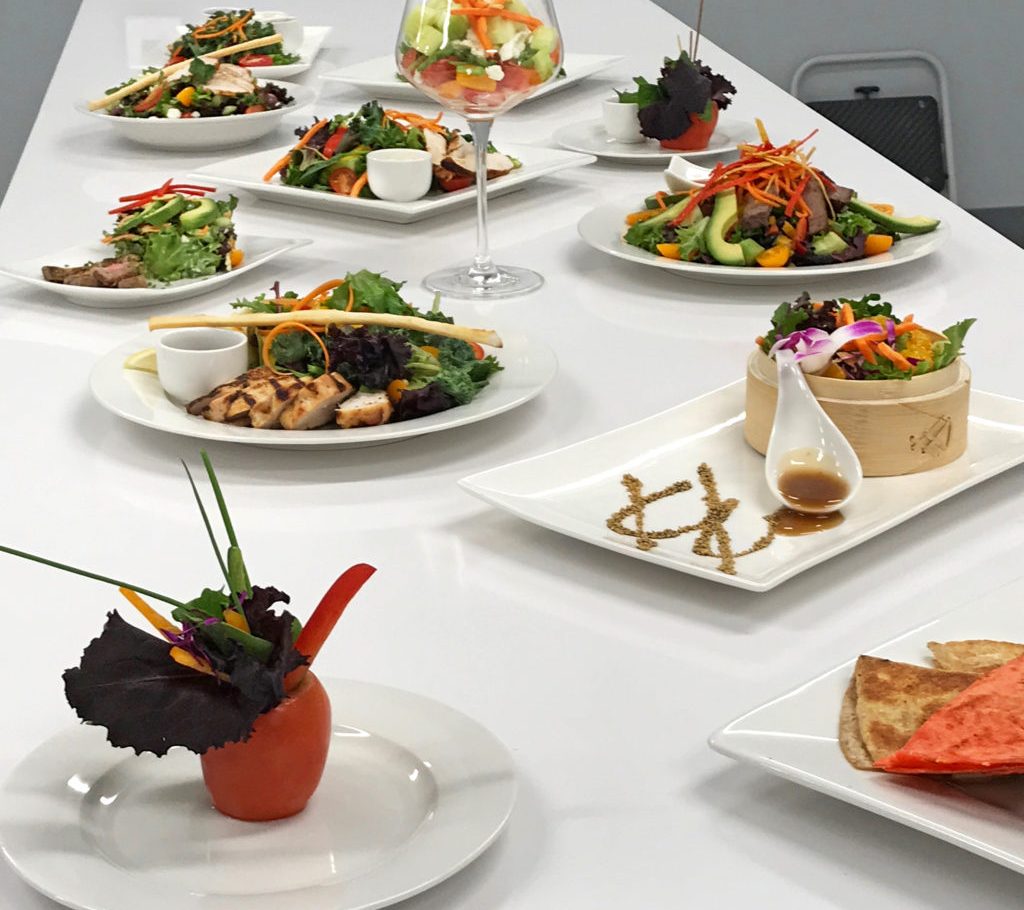How well trained is your flight attendant?
While not all of the aircraft in the DCAF fleet are A6 registered, the company ensures that all the cabin crew are certified. “It is a regulation that makes sense and adds to the safety of the flight, so we apply it across the board,” said Dyson. “We also send some of our crew to Germany to undergo the EASA [European Aviation Safety Agency] safety training.”
“With a thousand jobs that they have to do, the cabin crew rarely get recognition for all the different skills they have.”
When recruiting, the team looks for commercial experience in the premium cabins, particularly with the three big Middle Eastern carriers. “We look for someone who is calm, confident and has the right attitude. When you are working as single crew, you have to be able to take any situation in your stride,” said Dyson. “We find that those who have worked in the region have a greater cultural understanding of the clients, and what is expected. If they have VVIP flight experience that is a great bonus.”
New recruits then go through mandatory in-house training lasting up to a month, to learn about the company, the client and the specifics of the aircraft. Dyson added: “Generally we recruit for particular owners and aircraft, but we do also have a pool of trained crew available.”
She added: “We also look for people who have a passion for food, or maybe an F&B background. Our clients are used to eating in Michelin-starred restaurants and expect that level of product, presentation and service on the aircraft. It is something they will notice. It is part of our passion for excellence.”
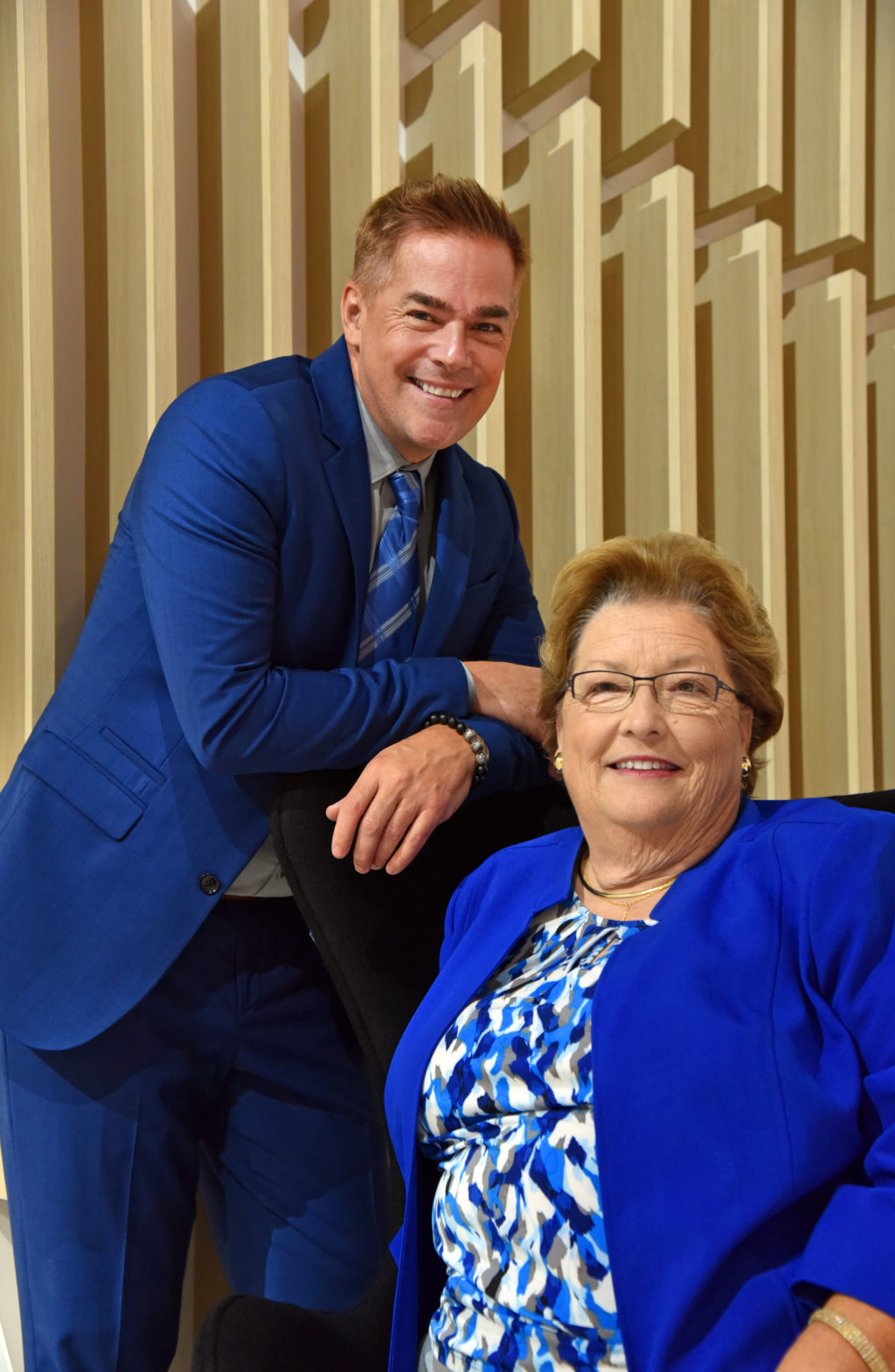
Aircraft type specific
Empire Aviation Services in Dubai searches for cabin attendants with specific type experience. Caron Gledhill, Director of Corporate Affairs, said: “When recruiting, we work closely with the aircraft owner, taking into account their preferences, and look for crew with experience of that aircraft type, be it a Global or a G650. While they will still need to learn the individual galley equipment, lights and inflight entertainment systems of the jet, it means that they are already familiar with most aspects of the aircraft operation.
“To be considered, applicants must have commercial experience, including first class service, preferably at purser level, followed by at least two years of VIP corporate flying. This means that they usually have all the service level qualifications in place already, but we do undertake some in-house training if necessary. The crew will then work with that one owner, knowing their preferences and needs, such as halal or vegetarian menus, and the full operation of the aircraft and its equipment. They will remain with that aircraft if it is chartered, to ensure the highest standards of cleanliness and service.”
Empire ensures that staff are fully trained to their exacting standards is in safety on board. “With Empire, the cabin attendants are responsible for the catering and cleanliness of the aircraft and maintaining the standards of the interior,” said Gledhill. “The safety aspects are the duty of the flight deck crew. However, every single crewmember that we employ completes safety and emergency procedure training at Emirates Aviation College. This is the full commercial course, with wet ditching, first aid, survival, fire training etc, so every crew member on board can take appropriate steps in an emergency.”
The company also put all crewmember through the MedAire training, to ensure they are up to date with first aid training.
First full training facility
Paula Kraft is tackling the problem from a different angle. She and partner Scott Arnold have opened the world’s first comprehensive professional flight attendant training school in Fort Lauderdale Executive Airport, Florida, USA. The 6,500sq ft facility features a service trainer, demonstration hangar and fully equipped culinary classroom to offer a complete education in the challenging job of being a private jet cabin attendant.
The school offers three levels of training – introductory, intermediate and an elite class for experienced flight attendants – as well as custom classes for specific flight departments, based on their use of catering and food on board.
She said: “I just trained a group that offers breakfast, who said they were at a loss as they, and the clients, were so tired of omelettes. We went in and spent two days making breakfast dishes, so they have a new variety to offer.
“We train cabin attendants in everything including etiquette, protocol, diplomatic service, professionalism, security, food safety, and recognising what is safe and what is not safe. The professionalism is important. How to be discreet – never photographing the aircraft interior or the passengers, not being overfamiliar.
“My partner, Scott Arnold, teaches the SEP side, with evacuation, emergency protocol and personal situational awareness, while I focus on the culinary. The trend now is more preparation on board, so flight attendants have to know how to keep that food safe and how to work in a small environment. At the school we have set up the kitchen stations to be similar in size to the average galley, and placed the equipment below, so they can get used to the bending and standing as they do the production.”
The school has a mock flight department, with a fuselage, set up to look like a flight department’s hangar, with a roll up doors and the mini kitchenette. Kraft explains: “In there we have items such as ice machines. We teach them how to recognise a clean or dirty machine. They understand where to look for mould or dirt in a machine, so they might choose to buy ice instead. But they will also be taught how to break it down and clean it themselves to deal with the problem when they have time.”
“We also look for people who have a passion for food, or maybe an F&B background. Our clients are used to eating in Michelin-starred restaurants and expect that level of product, presentation and service on the aircraft. It is something they will notice. It is part of our passion for excellence.”
Other areas include dealing with international garbage separation and visits from customs officers, and using eyewash stations and fuel shut off gauges. When the crew complete their training, they take their first ‘flight’. Kraft keeps it as realistic as possible. “They get a trip sheet. They get information about the passengers and have to determine the likes and dislikes of the passengers and the crew. They then create menus, based on the time of day and the equipment on the aircraft, deciding what they will be cooking, reheating and plating.”
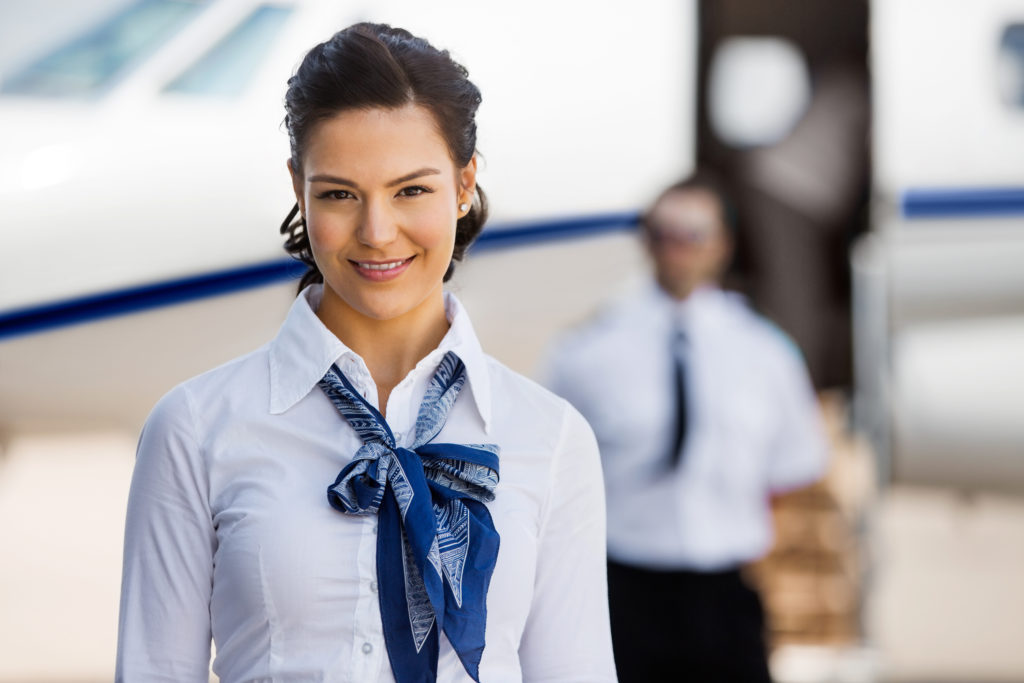
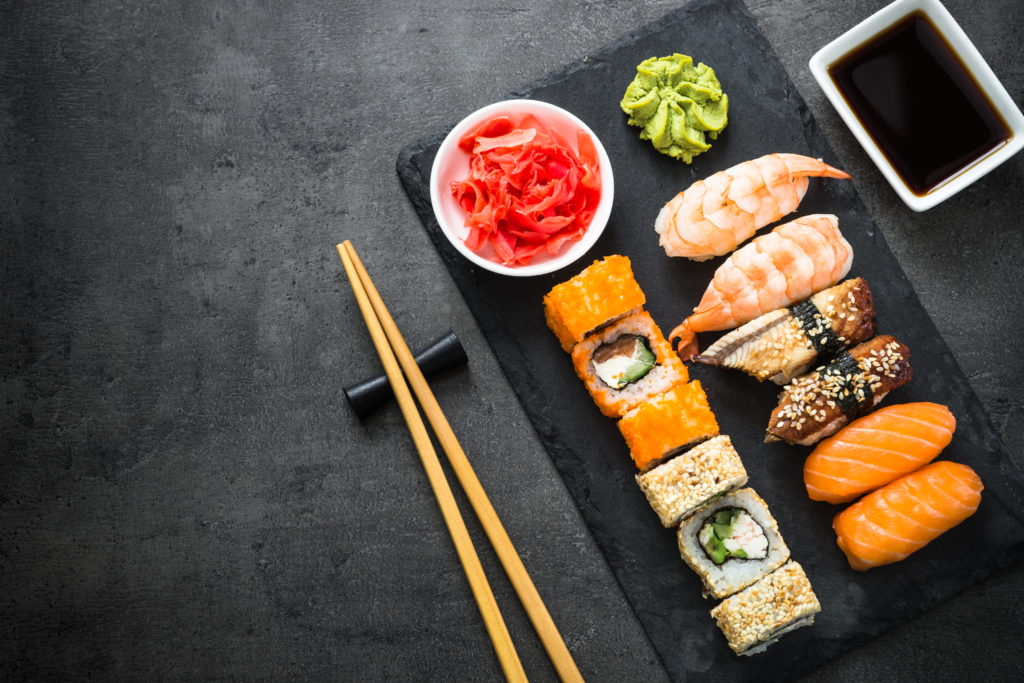
To keep it real, Kraft likes to mess with the trainees. “We call them and say, you now have six passengers, not two, and we are going to New York, not Seattle. They then have to revise everything, as would happen in a regular flight department. Then we might say – you have two passengers with gluten intolerance, and there are religious restrictions on this food, its halal now. Then, you have a pilot on a paleo diet, so they have to rethink and reorganise.”
The crewmember calls an inflight caterer that the institute has an arrangement with, to order the catering. At delivery they have to go through the receiving process, just like they would at a hangar or FBO.
Kraft added: “The caterers will call me and tell me what they have ordered. My favourite was a flight attendant who ordered a fillet steak – but she didn’t say to cook it. We knew she wanted it cooked, but she didn’t say so. So we gave her raw meat. But her oven didn’t work. So she had to figure out a solution. An FA constantly has to think outside the box. Things do not always go smoothly.”
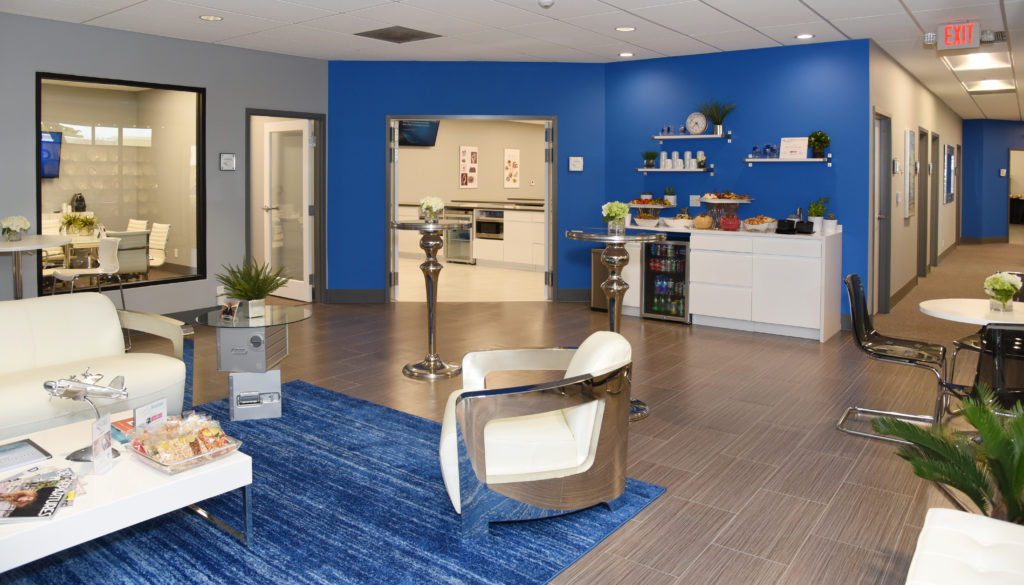
While the culinary experience and professionalism are the most obvious to passengers, the flight attendants are trained in other essential skills. Through an affiliation with Embry Riddle the institute offers courses in personal travel safety, cabin safety, food allergens, special meal planning, menu writing, and pilot essentials. They also have a reciprocal agreement with MedAire. “We have all of the medical equipment, and we do the training, so we can offer a MedAire certificate.”
Kraft concludes: “As hard as it is for the commercial flight attendant – private aviation is 10 times harder. She is the hostess, the greeter, the nanny, the nutritionist, the server, the chef, the personal assistant, the shopper, purchaser of the cabin equipment, the cleaner with the vacuum and window wiper, and the safety department. She has a thousand jobs that she has to do, and mostly she doesn’t have duty time like the pilot – as it is not legislated.
“She has to be acquiescent enough to serve the passengers, and not be noticed, but strong and firm enough to deal with an emergency. The cabin crew rarely get recognition for all the different skills they have.”

